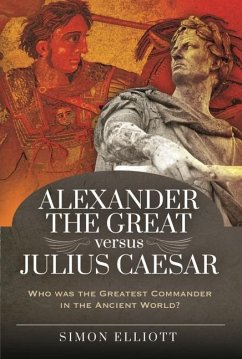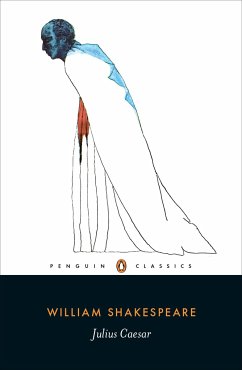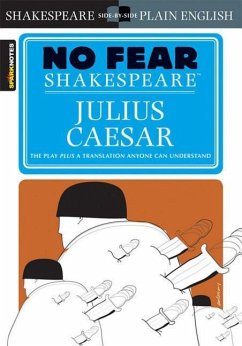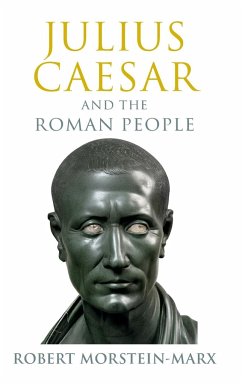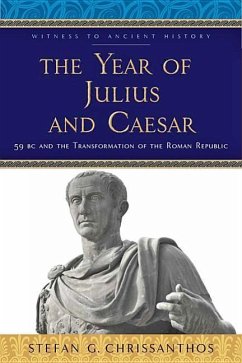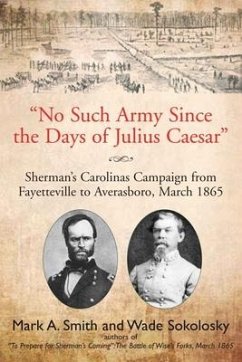
Julius Caesar
Epic and Legendary Leaders
Herausgeber: Jackson, J. K.
Versandkostenfrei!
Versandfertig in 2-4 Wochen
13,99 €
inkl. MwSt.

PAYBACK Punkte
7 °P sammeln!
The epic story of Julius Caesar who was born in 100 BCE, eventually becoming one of the most influential leaders in history. After a bloody civil war, where famously he crossed the Rubicon with his army, he defeated Pompey and the Republicans and was appointed as dictator of Rome, preparing the path for the Imperial might of the Roman Empire.



